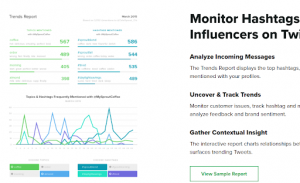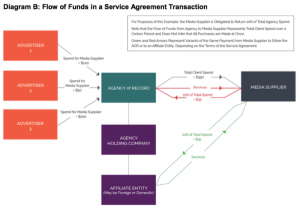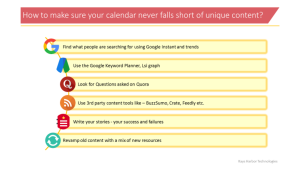We know about Influential Bloggers, YouTube celebs and Twitter Influencers, but recently social media has seen the emergence of a new kind – the Pinfluencer, or Pinterest influencer. Pinterest is one of the fastest growing social networks today – it has increased its active user base in 2014 by 120%, just ahead of Tumblr. In an era where brand advocacy is seen as a top priority by most CMOs, the significance of influential users is a lot more. Here are some of the reasons why Pinterest as a platform can be your brand’s next target to leverage influencers as brand advocates:
- Brand collaborations: Pinstars or Pinfluencers pin thousands of images every week, and influence the purchase decisions of their followers through interesting content, and drive traffic to brand websites, often leading to final purchase. This is true especially for retail or home décor brands. Brands can collaborate with Pinfluencers to pin interesting content centered on the brand – for example, fashion megabrand Michael Kors teamed up with influential fashion bloggers for their Street Style board. These bloggers made the brand’s products seem more covetable and therefore drove conversions.
- Interactive contests: Pinterest is a great platform for organizing contests – in addition, top influencers will also enable your brand to build a greater following on your blog or other social channels via Pinterest. The advantage of organizing contests on Pinterest is the visibility your pins will get as they are pinned by users with millions in their follower base. Studies have shown that consumers are 71% more likely to make a purchase based on social media referrals, and Pinterest is one of the most influential platforms in this regard.
- Influencers as curators: Pinterest has a group board feature which will enable your brand to build exclusive ‘collections’ or ‘sets’ of products that can be styled creatively or hand-picked by niche Pinterest influencers in your brand category. For example, brands like Target often create collections of their products based on various interests their target audience has, such as party planning or fashion trends.
- Stay engaged with top influencers: Building and sustaining relationships with top Pinterest influencers is key – this includes liking, repinning and commenting on their pins regularly and engaging with them as well as following them on other social channels. Engaging with influencers is a way to make them feel like their voice or opinion matters to you as a brand, and will make it more likely for them to refer your brand to their followers.
- Amplify traffic to your blog: Create content around use cases for your brand that are interesting and useful. This will make it more likely for Pinfluencers to pin this content and therefore trigger interest in their follower base. This virtual word-of-mouth is powerful and is much more likely to lead to conversions.
The possibilities with Pinterest for brands are endless, especially now as the company moves towards providing value to businesses through its recently rolled out Business accounts, analytics features and the Promoted Pins feature. Brands that get on the Pinterest influencer bandwagon will definitely reap the rewards in the form of a loyal, engaged audience with maximum purchase intent.
Digital & Social Articles on Business 2 Community
(260)
Report Post




